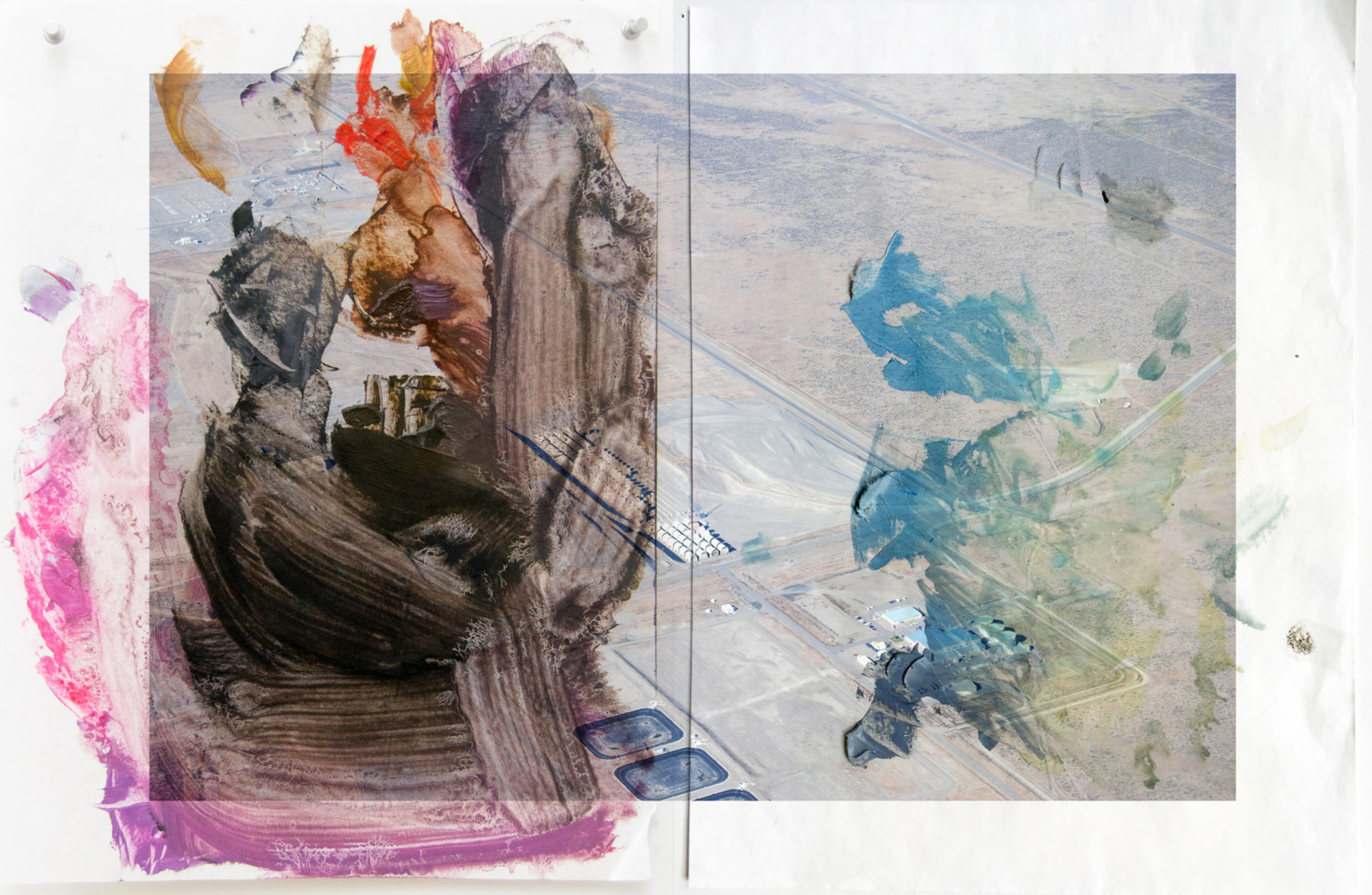Back to Issue 11
by Deborah Ann Wong
The rest of the family was out for the night, leaving just the two of us, eating silently at the dining table. The silence was punctuated by a question: “You are having exams now, is it?”
“No, Por Por. I graduated from university already.”
Silence.
I thought I saw my grandmother’s brow furrow slightly in confusion, but I couldn’t be sure if she’d heard me and had nothing else to say or if she had already slipped into another space in her head—into another time, perhaps.
A few minutes passed and she asked, again, “You’re having your exams now, is it?”
This time I hesitated, then responded, “Yes.”
My doctor friend had once mentioned that some doctors believe it is better to join Alzheimer’s patients in whatever reality they’re in than to continuously shock them out of it.
“Starting tomorrow?”
I stumbled on my reply, evidence of a lie not well thought-out. She might have noticed, if her mental capacities had allowed. But then I wouldn’t have needed to lie in the first place.
We finished our dinner in silence, as though the conversation never happened.
After clearing the plates, I went upstairs to my room and picked up the guitar lying on my bed. Soon after I began to play, my grandmother’s head poked in through the doorframe.
“Can I come in and sit for a little while?”
“Okay.”
I sat tentatively on my bed, watching her hobble in. Suddenly, she turned around and said, “Wait, I wash my face first.”
“Okay.”
She liked to hear me play the guitar for some reason. Whenever she heard me playing, she would stick her head in the doorway and stay there for a while. Sometimes she would comment, stating the obvious: “Playing music ah?” I’d never really know what to say. Sometimes she would offer a compliment before retreating to her room: “Very nice.” It always felt awkward, somehow. I suppose I didn’t know what to make of it, since I could hardly trust that she knew what she was saying these days.
I heard the water in the bathroom sink stop running and waited to see if she would come in through the bathroom door that connected our rooms. She opened it and looked in, without saying a word. I kept playing, not really turning around. She retreated, closing the door.
Just as I was wondering if she had forgotten her request to sit and listen, she came in again. She took a seat on my bed and, as is always the case when I have an audience, I didn’t know what to play. I was usually singing when she asked to come in, but once she sat down it felt weird to keep going. Intrusive. Or maybe I felt intruded upon.
“Play a song.” It came out sounding like a command, and in another context someone might have considered it rude. I wondered if this was the effect of her Alzheimer’s and old age or if she had always been awkward at expressing herself. Both seemed equally plausible and equally sad.
I knew I was unlikely to get a proper response, but I asked anyway, “What’s your favorite song?” I had to repeat the question twice.
“Anything will do. I can’t remember,” she said as she arranged herself on my bed.
She hardly spoke anymore, except to ask whether we were going to church tomorrow (regardless of what day it was—she couldn’t remember), whether lunch or dinner was ready, whether I was doing work, whether I was sleeping, or to let me know for the thousandth time that she wasn’t locking the bathroom door so I could go in whenever I needed, or to occasionally talk back to her daughter. For the most part, she had a fixed repertoire of phrases. Conversations lasted only a few lines: “Where are you sleeping tonight?” (“In my room”) and “Where is your room?” (“Next to yours, Por Por”) and “Where’s my room?” (“Upstairs; come, I’ll show you”). Ten words was considered long. Often her words made no sense, or she’d stop in the middle of a sentence, the rest of it lost somewhere in her mind.
I began to pluck the notes of “Amazing Grace,” trying to think of songs she would know. I hadn’t really expected any visible response or sign of recognition, but on my third time through, she began to sing along, her voice wobbly yet sure.
Amazing grace, how sweet the sound
That saved a wretch like me
I once was lost, but now am found
Was blind, but now I see
I dared not look up at first. It was an uncomfortable moment of vulnerability. A sacred moment. When I did look, her eyes were squeezed shut, brows furrowed slightly.
She didn’t remember all the words, substituting “da da da” at times, but there was something about the way she was singing. She seemed peaceful. Present, rather than lost, even as her voice quivered on each note and her mouth twitched as it searched for the right shapes. Words so often floated out of her grasp as the world around her flickered between different times and places in her mind, and the people before her shifted in and out of past and present versions of themselves.
But this melody had endured through the years, surviving even the debilitation of her mental faculties, latent but not forgotten. It summoned words as if, unlike most that she uttered, they could be trusted. As if they were, and represented, something constant, something true. Someone true. As if a sound could become holy ground.
Deborah Ann Wong is a Th.D. student in Liturgical Studies at Duke Divinity School, with particular interests in contemporary worship, theology and the arts, and spiritual formation. She is a contributor to the book Flow: An Ancient Way to Do Contemporary Worship (Abingdon Press, 2020), edited by Lester Ruth.
